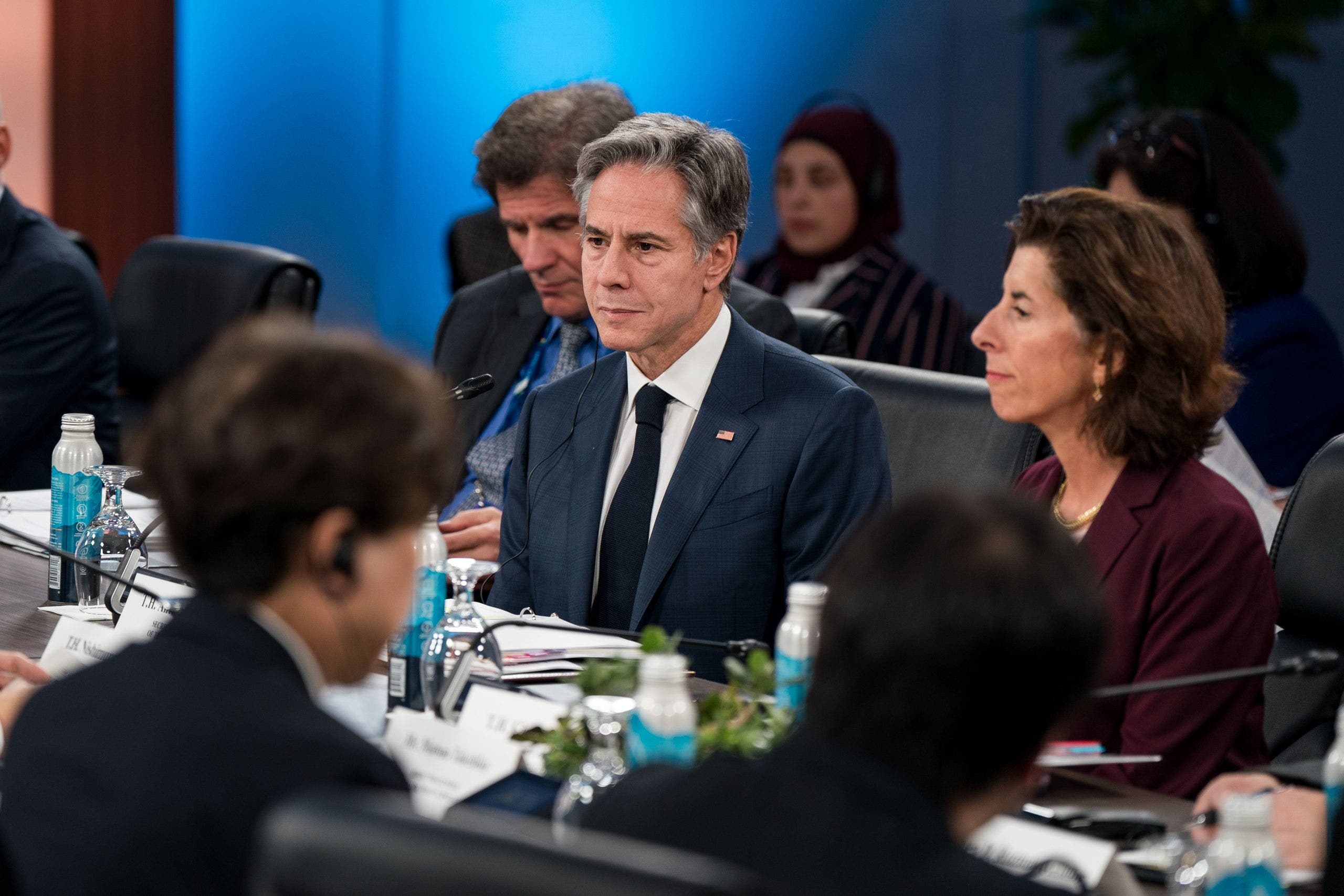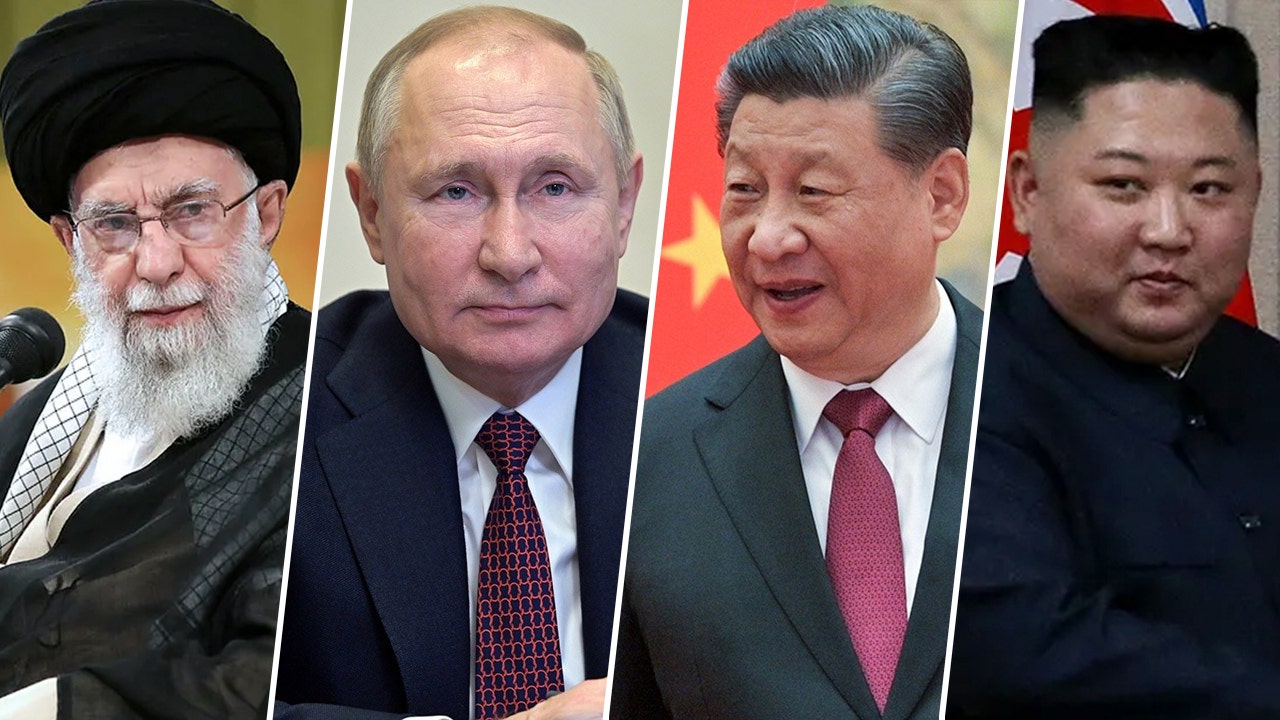Al Qaeda’s leader in Afghanistan, Saif al-Adl, issued a call to foreign fighters around the world to migrate to Afghanistan and join the ranks of the jihadi terror group.
A new report in the Foundation for the Defense of Democracies’ Long War Journal highlights the call from al-Adl and is so far the clearest indication from al Qaeda for foreigners to come to Afghanistan since the Taliban regained control of Kabul in 2021.
Bill Roggio, senior fellow at the Foundation for Defense of Democracies and editor of the Long War Journal, told Fox News Digital that this message officially pronounces Afghanistan as a safe haven for terrorists.
“Al Qaeda is firmly ensconced in Afghanistan, and has established training camps in 10 provinces, as well as religious schools, safe houses, a weapons depot, and a media operations center … al Qaeda is telling us it plans to use this terror infrastructure to attack the West,” he warned.
WITH TALIBAN VICTORY, AFGHANISTAN COULD BECOME THE ‘SECOND SCHOOL OF JIHADISM’
The Taliban celebrate their first anniversary of retaking Afghanistan after the U.S. troops withdrew. (Paula Bronstein /Getty Images)
The terror group has established these terrorist training camps across Afghanistan’s 34 provinces, including in Panjshir, once the center of anti-Taliban resistance. The United Nations estimates al Qaeda has around 600 members in its ranks, but Roggio believes that the official estimates of their strength over the years have been consistently low.
“Al Qaeda’s infrastructure and safe haven within Afghanistan gives the terror group the opportunity to capitalize on Adl’s call for its supporters to migrate to the country,” Roggio and co-author Caleb Weiss wrote in their report.
TALIBAN HAVE A 2-FRONT WAR HEADED THEIR WAY
Terrorists belonging to al Qaeda in the Levant, while Rabat on the front of the Nubbol and Zhraa in Aleppo, Syria, on Dec. 3, 2014. The terror group is calling upon foreign-based fighters to come to Afghanistan. (Photo by Ibrahim Khader/Pacific Press/LightRocket via Getty Images)
Adl recently released a pamphlet titled “This is Gaza: A War of Existence, Not a War of Borders,” which exploits the anger over Israel’s war in Gaza to encourage people to gain training, experience, and knowledge about how to carry out attacks against “Zionist” and Western targets.
Adl’s pamphlet states “the continuation of the genocide in Gaza calls for the Islamic peoples to strike all Zionist interests (both Western and Jewish) in all Islamic lands.” The appropriate response, according to Adl’s vision, are tragedies such as the 9/11 and Oct. 7 terrorist attacks, taking the fight to the enemy. The report also notes that Adl praises and encourages homegrown terrorism within Western countries which act as a deterrent force in domestic territories.
Smoke billows after the Israeli army launched an airstrike on Al Mughraqa area in the Gaza Strip on April 14, 2024. (Photo by Ashraf Amra/Anadolu via Getty Images)
The reality that al Qaeda is championing Afghanistan as a ground to stage terrorist attacks on the West over 20 years after 9/11 is not a surprise to many observers of the region.
“The fact that al Qaeda leaders are now calling for foreign fighters to come to Afghanistan substantially increases the odds of foreign fighters heading there. This development will be unsurprising for hawks who warned about the dangers of withdrawing from Afghanistan,” Max Abrahms, terrorism expert and professor of political science at Northeastern University, told Fox News Digital.
Adl envisions Afghanistan as a model for Muslims around the world to settle in and holds up the Taliban as a model of Islamic governance for future Islamic states to emulate. Many observers and policymakers assessed that al Qaeda’s focus would remain on local affairs in Afghanistan and other countries the group operated in. The latest call from Adl contradicts these claims and shows that al Qaeda is looking beyond Afghanistan’s borders with ambitions to target the West.
TALIBAN’S POWER CHALLENGED BY AFGHAN NATIONAL RESISTANCE FRONT, ISIS-K
A United Nations report in February 2023 noted that Adl became al Qaeda’s third emir, replacing Ayman al-Zawahiri, who succeeded Usama bin Laden and was killed in a U.S. drone strike in 2022. Adl’s leadership differs from bin Laden and Zawahiri as he served in the Egyptian army, bringing with him more military experience than his predecessors. He left Egypt to join the mujahideen and fight off the Soviet invasion and occupation of Afghanistan in the 1980s. He later went on to join al Qaeda after it was established in 1988 and helped plot major international terrorist attacks, including the suicide bombings at the U.S. embassies in Kenya and Tanzania in 1998.
Taliban fighters guard at the site of an explosion in Kabul, Afghanistan, on Saturday, June 18, 2022. Several explosions and gunfire ripped through a Sikh temple in Afghanistan’s capital. (AP Photo/Ebrahim Noroozi)
The 2020 Doha Agreement, negotiated under former President Trump and implemented by President Biden, laid the groundwork for the withdrawal of all U.S. forces in exchange for a pledge from the Taliban to prevent any terrorist organization from using Afghan soil to threaten or attack the United States or its allies. It was never clear at the time whether the Taliban would ever formally sever its longstanding ties with al Qaeda.
AFGHAN CHARITY EDUCATING GIRLS AMID TALIBAN SCHOOL BAN
A State Department spokesperson told Fox News Digital that the U.S. will “continue to push the Taliban to fulfill all their counterterrorism commitments and ensure that terrorist attacks are not launched from Afghan soil.” If the Taliban fail to fulfill their commitments, the U.S. also retains an over-the-horizon capabilities to address threats, as demonstrated with the strike that killed al-Zawahiri in 2022, the State Department spokesperson said.
Afghan Taliban’s Acting Minister of Interior Sirajuddin Haqqani speaks during a ceremony in Kabul, Afghanistan, May 11, 2023. Messages by two influential Taliban leaders in Afghanistan this week showed tensions between hardliners and more moderate elements who want to scrap harsher policies and attract more outside support, experts said Thursday, April 11, 2024.
According to multiple United Nations Monitoring reports, “the Taliban and Al-Qaeda remain closely aligned and show no indication of breaking ties” and that their “relationship remains strong” as of 2024.
The U.S. Intelligence Community Annual Threat Assessment states that while al Qaeda has reached an operational nadir in Afghanistan and Pakistan, its “regional affiliates on the African continent and Yemen will sustain the global network as the group maintains its strategic intent to target the United States and U.S. citizens.”




